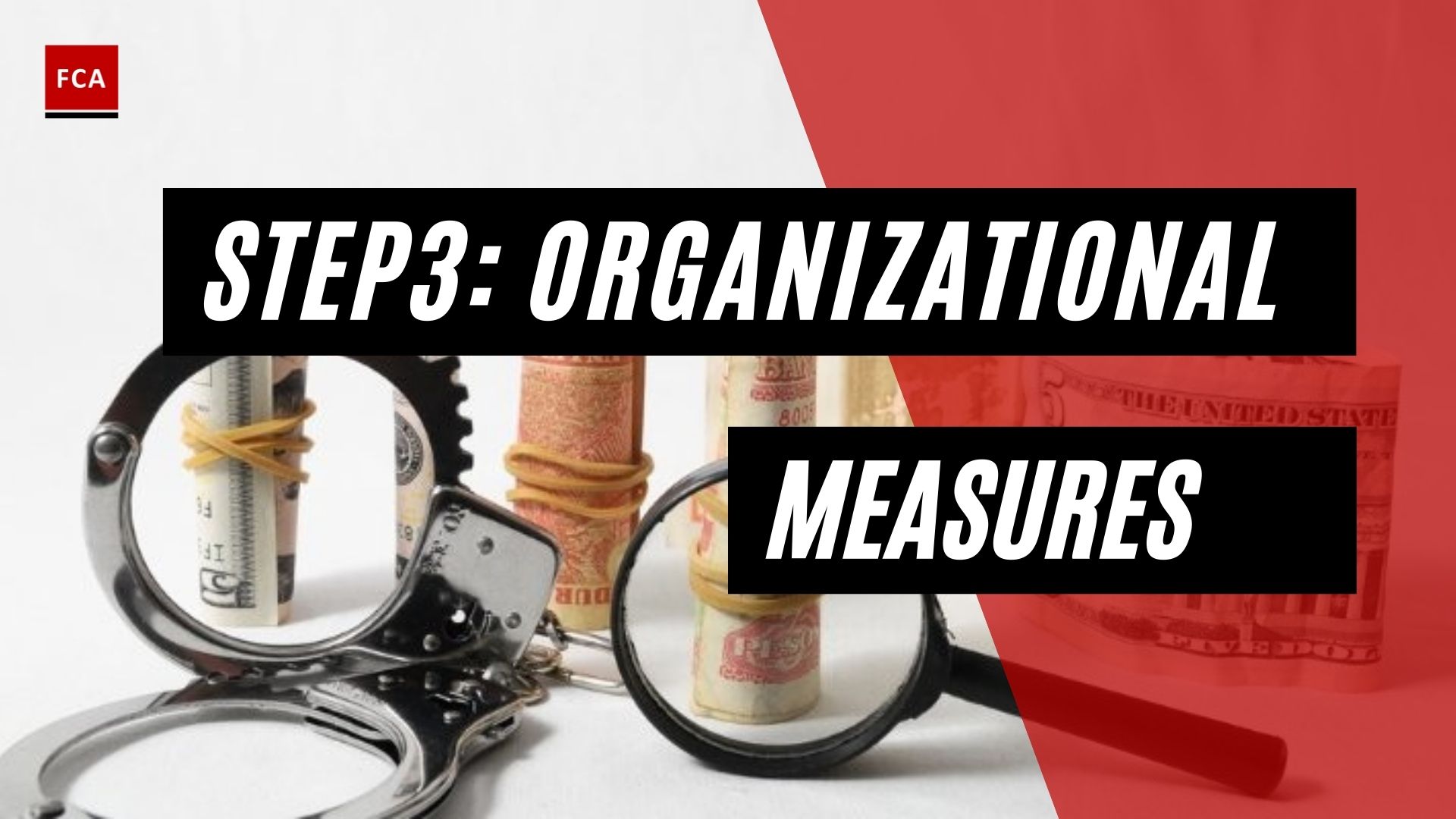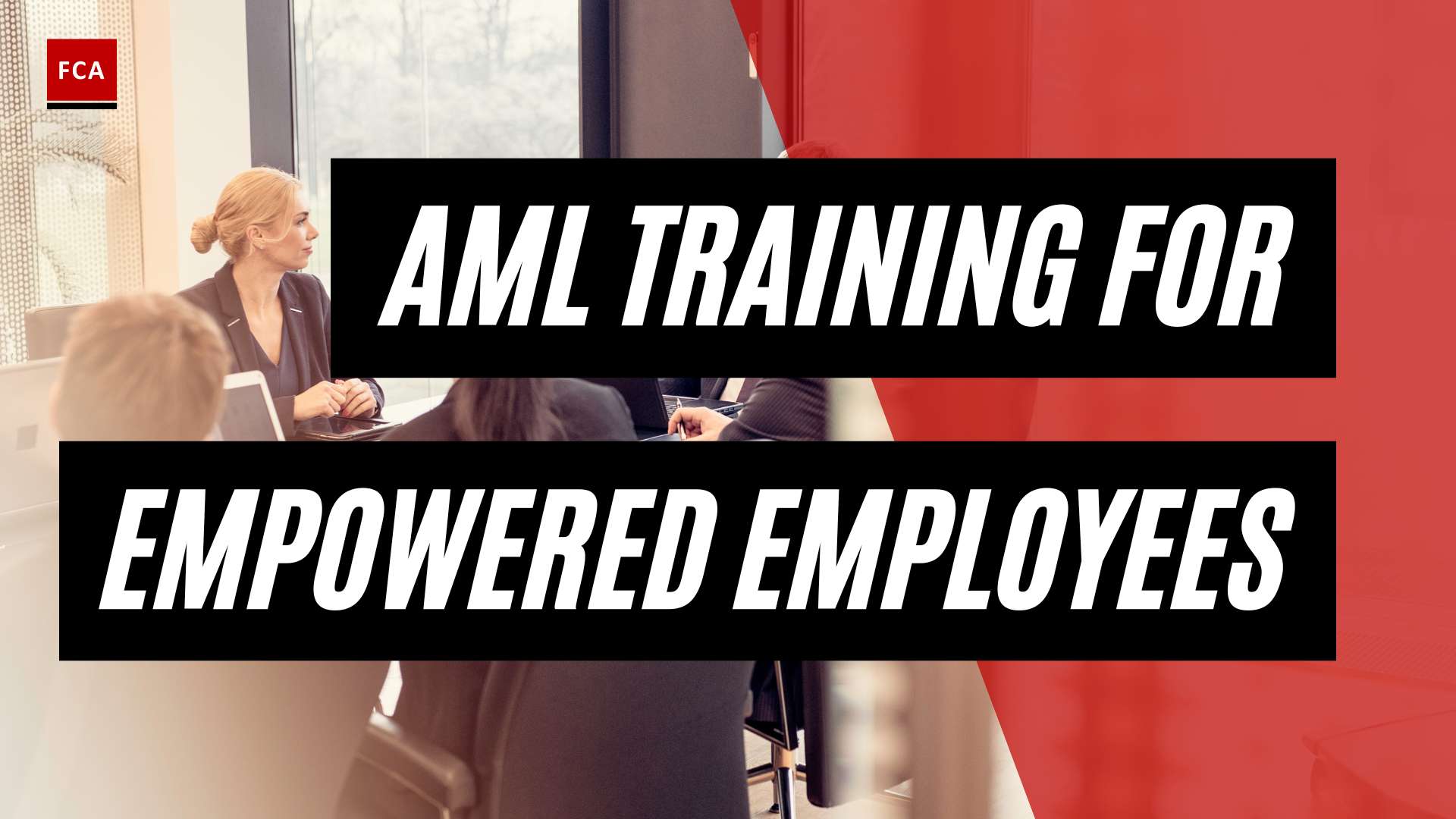The Proceeds of Crime Act 2002, or POCA for short, is legislation enacted in the United Kingdom to target and prevent the proceeds of crime. This act is part of a larger effort to combat criminal activity and effectively dismantle organized crime networks.
The Proceeds from Crime Act 1971, which was first passed by Parliament in order to address concerns about criminals profiting from their crimes, is the origin of POCA. However, because the original law did not go far enough in assisting in the enforcement of asset forfeiture and confiscation, a series of amendments were made throughout the 1980s and 1990s to tighten the restrictions.
The United Kingdom AML and CFT legal and regulatory model is divided into different parts, including primary legislation, secondary legislation, regulatory rules for supervision, etc. The United Kingdom AML/KYC regulations and frameworks are relate to the performance of the Customer Due Diligence (CDD) and Know Your Customer (KYC).

United Kingdom Primary legislation: The Proceeds of Crime Act 2002
The legislation that criminalizes the laundering of criminal property and provides associated ‘regulated’ offenses is the Proceeds of Crime Act 2002, more commonly referred to as Proceeds of Crimes, which sets out the details of the following money laundering offenses in the United Kingdom.
- The offenses of concealing, disguising, converting, transferring, or removing criminal property from the jurisdiction.
- Entering into or becoming concerned in an arrangement, knowing or suspecting that it facilitates the acquisition, retention, use, or control of criminal property by or on behalf of another person.
- Acquisition, use, or possession of the criminal property.
Various sections such as Sections 330 related to general employees, and section 331 related to the nominated officer cover the offenses of failure to report. It is the duty of all those working in the regulated sector to report all suspicions of money laundering. The maximum penalty for failure to disclose is five years’ imprisonment and/or an unlimited fine.
Section 333 covers prejudicing an investigation or ‘tipping off’. The criminal offense of tipping off now detailed in section 333A of POCA, which applies only to the regulated sector. S-333A is disclosing a Suspicious Activity Report (SAR). It is an offense to disclose to a third person that a SAR has been made by any person to the police, HM Revenue and Customs, the National Crime Agency (NCA), or a nominated officer if that disclosure might prejudice any investigation that might be carried out as a result of the SAR.
This offense can only be committed:
- After disclosure to the NCA or a nominated officer if you know or suspect that by disclosing this information, you are likely to prejudice any investigation related to that SAR.
- The information upon which the disclosure is based came to you in the course of business in the regulated sector.
It is an offense to disclose that an investigation into a money laundering offense is being contemplated or carried out if that disclosure is likely to prejudice that investigation. The offense can only be committed if the information on which the disclosure is based came to the person in the course of business in the regulated sector. It is important to understand that, the offense can be committed even where you are unaware that a SAR was submitted. The penalty for the offense of ‘tipping off’ is a maximum period of two years imprisonment and/or an unlimited fine.

The Money Laundering Regulations 2007
A significant change to the UK regulatory landscape occurred with the implementation of the 2007 Money Laundering Regulations (the 2007 Regulations) which came into effect on 15 December 2007. In line with the Third EU Money Laundering Directive (3MLD), the Regulations introduced a risk-based approach with targeted new measures and enhanced CDD requirements to be applied where the risks are greatest, for example, where the customer is a PEP.
The 2007 Regulations applied to all financial business and non-financial businesses designated non-financial Business and Persons or ‘DNFBPs’ carrying out relevant business is collectively referred to as ’the regulated sector’, designated supervisory authorities were allocated to each part of the sector.
Those businesses operating in the regulated sector were required to have in place policies and procedures to comply with the Regulations, which included:
- CDD measures and monitoring, including procedures to determine whether a customer is a PEP.
- Reporting to a nominated officer where there are knowledge, suspicion, or reasonable grounds to suspect that a person is engaged in money laundering or terrorist financing.
- Record-keeping.
- Internal control, including policies and procedures that have additional measures for products and transactions that might favor anonymity.
- Risk assessment and management.
- The monitoring and management of compliance with, and internal communication of, such policies and procedures.
- Staff awareness and training.
- Policies and procedures that provide for the identification and scrutiny.
- Complex or unusually large transaction.
- Unusual patterns of transactions that have no apparent economic or visible lawful purpose.
- Any other activity that may be related to money laundering or terrorist financing.
Failure to comply with any of the requirements of the regulations constituted an offense punishable by up to two years imprisonment for the directors or senior managers, a fine, or both.
The Money Laundering, Terrorist Financing, and Funds Transfer Regulations 2017
On 26 June 2017, the Money Laundering Regulations 2007 were superseded by the MLR 2017. The MLR 2017 are not a total change from the MLR 2007; instead, they constitute an evolution of content and a reorganization of structure and improve upon and plug identified gaps in MLR 2007, including:
- Changing the approach to CDD the prevention of new means of terrorist financing, including through e-money.
- Prepaid cards improving transparency of beneficial ownership of companies and trusts.
- Effective enforcement of sanctions.

The UK stance is one of proportionality and the Financial Conduct Authority (FCA) has issued supplementary guidance regarding how to treat domestic PEPs. HM Treasury is responsible for policy and legislation on AML and CFT systems and controls for the regulated sector, financial institutions, accountants, estate agents, lawyers, high-value dealers, casinos. It is therefore responsible for sponsoring and issuing the UK secondary legislation. The Money Laundering Regulations 2017, which is designed to implement the requirements of the FATF Recommendations and the European Union Money Laundering Directives.
In April 2013 the UK introduced a new ’twin peaks’ regulatory system for financial services in the UK. For AML/CFT regulatory requirements, the FCA replaced the previous regulator, the Financial Services Authority (FSA), and is accountable directly to both the UK Parliament and HM Treasury.
The FCA is responsible for ensuring that the relevant UK markets function well, and for the conduct supervision of financial services firms. The FCA is also responsible for the prudential supervision of firms not supervised by the Prudential Regulatory Authority (PRA), the other arm of the twin peaks regulatory approach.
One of the key roles of the FCA is to regulate and supervise firms to reduce financial crime, including money laundering. The FCA has adopted the previous FSA role of devising and enforcing the rules applicable to FCA-regulated firms, including rules requiring firms to have effective systems and controls that will reduce the opportunity for financial crime.
Final Thoughts
The Proceeds of Crime Act 2002, or POCA for short, is legislation enacted in the United Kingdom to target and prevent the proceeds of crime. This act is part of a larger effort to combat criminal activity and effectively dismantle organized crime networks. The Proceeds from Crime Act 1971, which was first passed by Parliament in order to address concerns about criminals profiting from their crimes, is the origin of POCA. However, because the original law did not go far enough in assisting in the enforcement of asset forfeiture and confiscation, a series of amendments were made throughout the 1980s and 1990s to tighten the restrictions.








